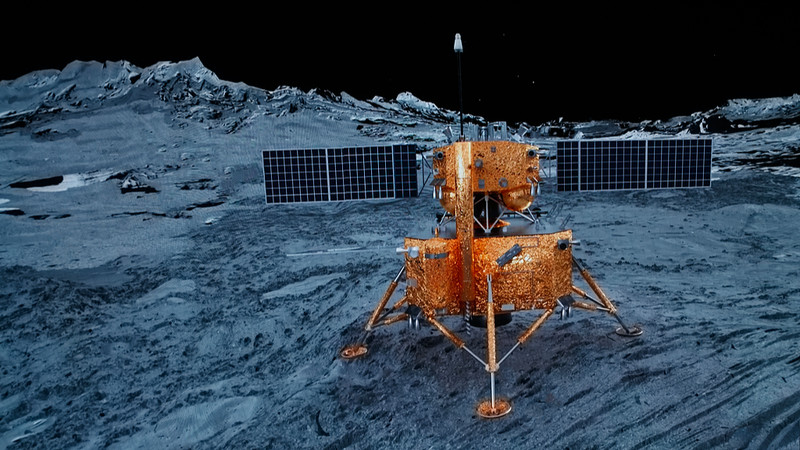Scientists at South Korea's Institute for Basic Science (IBS) have unveiled a groundbreaking magnetogenetics technology known as Nano-MIND. This innovative approach allows for the wireless and remote control of specific brain regions, altering complex functions such as emotions, social behaviors, and motivation in animal models.
Magnetic fields have traditionally been utilized in medical imaging due to their safety and capacity to penetrate biological tissues. However, precisely manipulating brain circuits with magnetic fields has remained a significant hurdle for researchers.
The Nano-MIND technology overcomes this challenge by combining magnetic fields with magnetized nanoparticles to target and stimulate specific brain circuits. The key innovation lies in the precise placement of nano-magnetoreceptors within chosen neuronal types and brain regions, allowing their activation through rotating magnetic fields at exact time intervals. This enables meticulous spatial and temporal control over neural activity.
In practical applications, Nano-MIND demonstrated its potential by activating inhibitory GABA receptors in the medial preoptic area (MPOA), a region responsible for maternal behaviors. When these neurons were activated in non-maternal female mice, there was a significant increase in nurturing behaviors, such as bringing pups to their nest, mirroring those of maternal mice.
Additionally, the technology was applied to regulate feeding behaviors by targeting motivation circuits in the lateral hypothalamus. Activating inhibitory neurons in these areas resulted in a 100-percent increase in appetite and feeding behaviors in mice. Conversely, activating excitatory neurons led to a more than 50-percent reduction in these behaviors.
The successful bidirectional modulation of higher brain functions using Nano-MIND marks a significant advancement in neuroscience. This technology opens new avenues for potential therapeutic applications, offering hope for the treatment of various neurological and psychiatric disorders.
Reference(s):
New technology uses magnetic fields to control brain regions
cgtn.com




